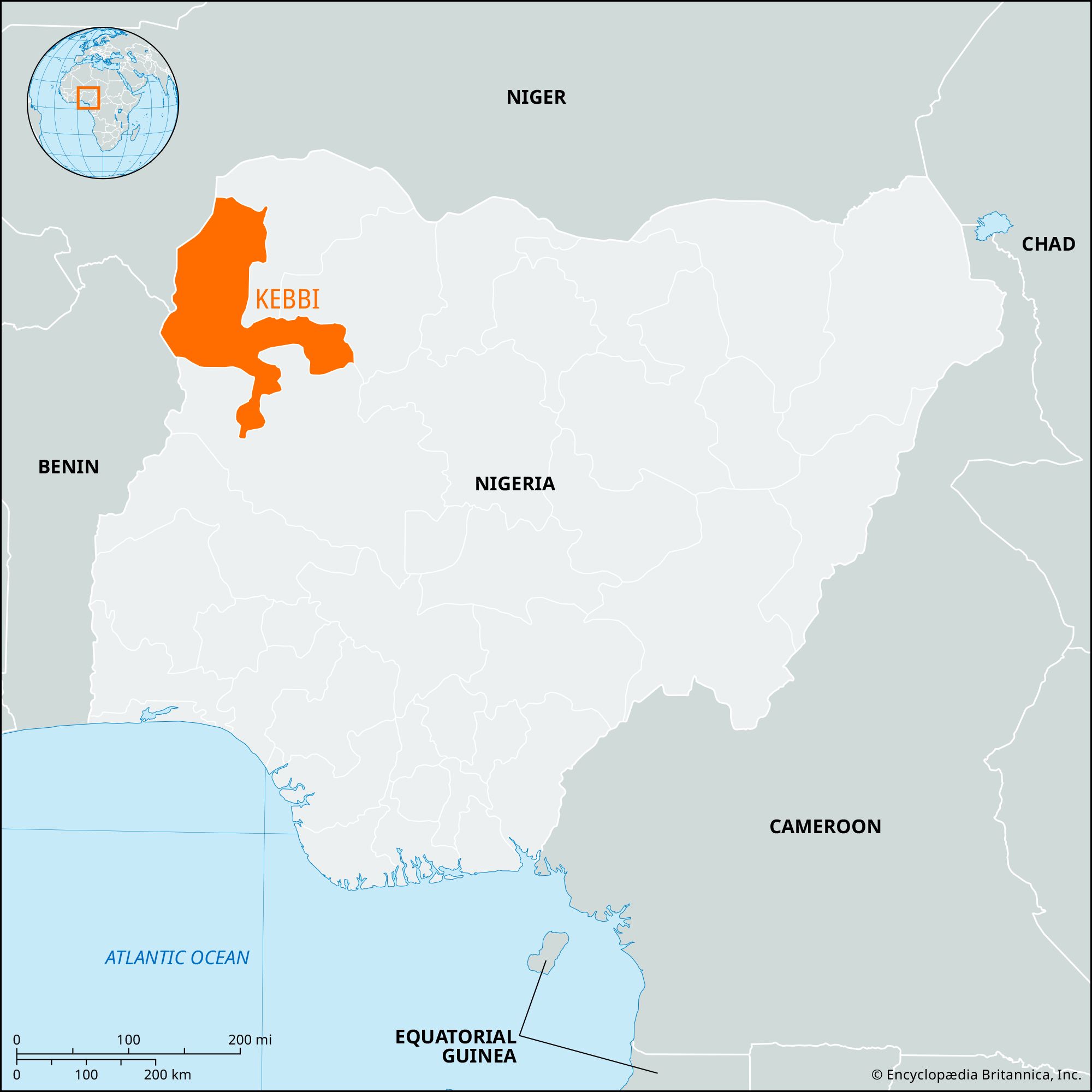Kebbi State
States Jan 04, 2025

Table of Contents
Exploring the Rich History of Kebbi State, Nigeria
Kebbi State, located in the northwestern region of Nigeria, boasts a rich historical and cultural heritage that dates back centuries. Known for its diverse ethnic groups, ancient traditions, and significant contributions to Nigerian history, Kebbi State is a fascinating destination for history enthusiasts and cultural explorers alike.
Geographical and Historical Background

Kebbi State was created in 1991 from the former Sokoto State and shares borders with Sokoto, Niger, and Zamfara States, as well as the Republic of Niger to the north. The state capital, Birnin Kebbi, serves as the administrative and cultural hub of the region.
The area that is now Kebbi State has historically been a significant part of the Hausa Kingdoms and the Songhai Empire. Its history is deeply tied to the rise and fall of these powerful kingdoms, as well as the trans-Saharan trade routes that connected North Africa to sub-Saharan Africa.
The Birth of the Kebbi Kingdom
The Kebbi Kingdom emerged as a powerful entity in the late 15th century. It was one of the four major Hausa states, along with Kano, Katsina, and Zazzau (Zaria). Kebbi gained prominence under the leadership of Muhammadu Kanta, a legendary ruler who established the Kanta Dynasty. His reign marked a period of expansion and consolidation, as he unified various territories and tribes under the Kebbi Kingdom.
The kingdom played a significant role in regional politics and trade, serving as a key link between the Hausa states and the Songhai Empire. Kebbi’s strategic location made it a hub for commerce, allowing it to flourish economically during its peak.
The Influence of Islam
Islam has been an integral part of Kebbi’s history since its introduction to the region in the 14th century. The religion spread through trade and diplomatic ties with North Africa and other parts of the Islamic world. Over time, Islam became deeply ingrained in the culture and governance of Kebbi, influencing its architecture, education, and legal systems.
Today, many historical mosques and Islamic schools in Kebbi State stand as testaments to its rich Islamic heritage. These structures attract scholars and tourists who are eager to learn more about the state’s religious history.
Kebbi State and the Fulani Jihad
In the early 19th century, the Fulani Jihad, led by Usman dan Fodio, transformed the socio-political landscape of northern Nigeria. Kebbi State was significantly impacted by this movement, as its rulers and people had to navigate the tensions and opportunities that arose during this period of change.
While some parts of Kebbi were incorporated into the Sokoto Caliphate, others retained their independence, showcasing the resilience and adaptability of the Kebbi people. This era also marked the beginning of Kebbi’s integration into the larger political framework of northern Nigeria.
Modern Kebbi State
Since its creation in 1991, Kebbi State has continued to celebrate its historical and cultural heritage. Annual festivals, such as the Argungu Fishing Festival, highlight the state’s unique traditions and attract visitors from around the world. These events not only preserve Kebbi’s history but also promote tourism and economic development.
The state is also known for its agricultural contributions, particularly in rice production. The lush floodplains of the Niger River provide fertile ground for farming, making Kebbi a vital part of Nigeria’s agricultural sector.
Conclusion
Kebbi State’s history is a tapestry of ancient kingdoms, cultural exchanges, and resilience in the face of change. Its rich heritage continues to inspire pride among its people and curiosity among visitors. Whether you’re drawn to its historical landmarks, cultural festivals, or natural beauty, Kebbi State offers a unique glimpse into the history and traditions of Nigeria.
